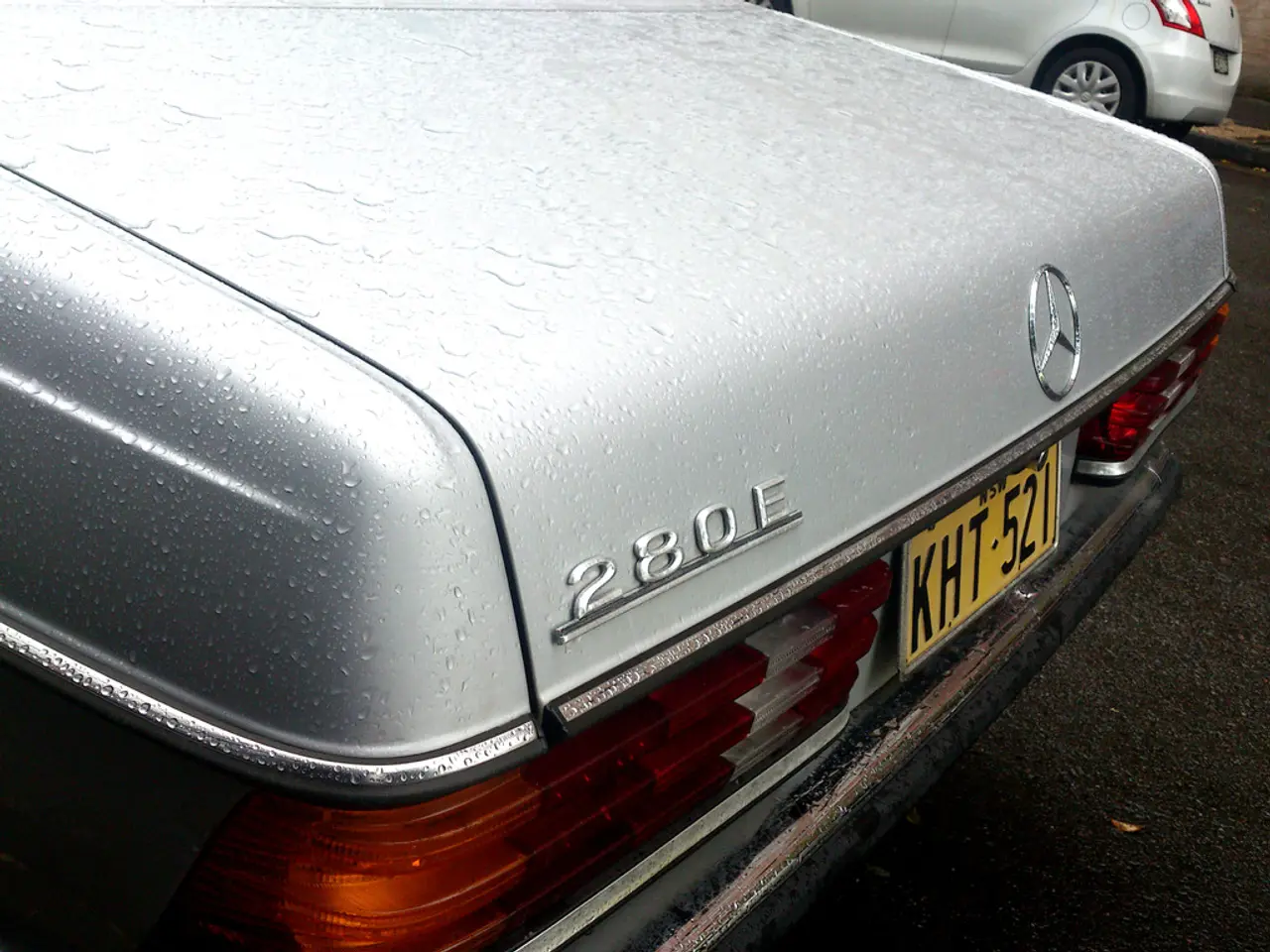Dramatic shift in Mercedes' electronic strategy
Mercedes CEO Ola Källenius, initially a supporter of the European Union's move towards decarbonization, has recently expressed strong reservations about the proposed ban on combustion engine vehicles by 2035. Citing risks of market collapse and economic disruption, Källenius has called for a more flexible and technology-neutral approach.
Since the initial discussions in 2019, Källenius's position has shifted as he observed several challenges emerging. Weak consumer demand for electric vehicles (EVs) within the EU, the slow build-out of EV infrastructure, and the economic impact on the European auto industry have raised concerns. By 2024 and 2025, Källenius voiced concerns that fixed deadlines with strict bans could cause a market bubble, followed by a sharp sales collapse, and warned that the industry is "heading full speed against a wall" if the policy did not adapt to these realities.
Källenius emphasizes the need for a technology-neutral transition, supporting various pathways such as electric vehicles, e-fuels, and other innovations, rather than an outright ban on internal combustion engines (ICE) by a fixed date. He proposes:
- A "reality check" on EU targets, promoting flexibility rather than rigid timelines.
- A market-led transition where consumer preferences and incentives shape EV uptake.
- Supportive policies like tax breaks, low-cost charging electricity, and accelerated investment in charging infrastructure, which he notes could take 10-15 years to fully realize.
- Consideration of the broader economic impact, as Europe’s auto industry faces stiff competition, fragile demand, and supply chain uncertainties.
While Källenius does not oppose decarbonization in principle, his stance has evolved to reflect the complexity of the transition and the dangers of inflexible regulatory deadlines harming Europe's industrial base and car market stability.
In April 2024, Mercedes' chief lobbyist Eckart von Klaeden warned that politics should not abandon the ambition for electric mobility. Six years after the "Green Deal," Källenius has made the most radical course change among automakers over time. Källenius names China, where there is no combustion engine ban, as a role model.
Källenius revised his assessment a year later, stating that the market share of electric vehicles in the EU is significantly less than predicted a few years ago. He criticizes the political approach underlying the ban, stating that an absolute goal at a fixed time with draconian penalties does not help. The reasons for the insufficient acceptance of battery electric vehicles were "short- and medium-term in nature."
Both new and old tariffs are affecting Mercedes' results significantly. In the current economic environment, which has "deteriorated significantly," as long as conditions do not improve, this trend will not change. Källenius has now abandoned his former position of supporting the combustion engine ban and wants a technology-neutral approach to decarbonization.
- Ola Källenius, CEO of Mercedes, has adjusted his stance on the European Union's proposed ban on combustion engine vehicles by 2035, advocating for a technology-neutral approach in light of challenges such as weak consumer demand for electric vehicles, slow EV infrastructure build-out, and economic impact on the European auto industry.
- Källenius suggests a flexible policy that includes a "reality check" on EU targets, market-led transitions, supportive policies, and consideration of the broader economic impact, especially for Europe’s auto industry that faces competition, fragile demand, and supply chain uncertainties.
- This shift in Källenius's position comes as he observes that the market share of electric vehicles in the EU is less than predicted, citing the political approach underlying the ban with an absolute goal at a fixed time and draconian penalties as inhibiting widespread adoption.




